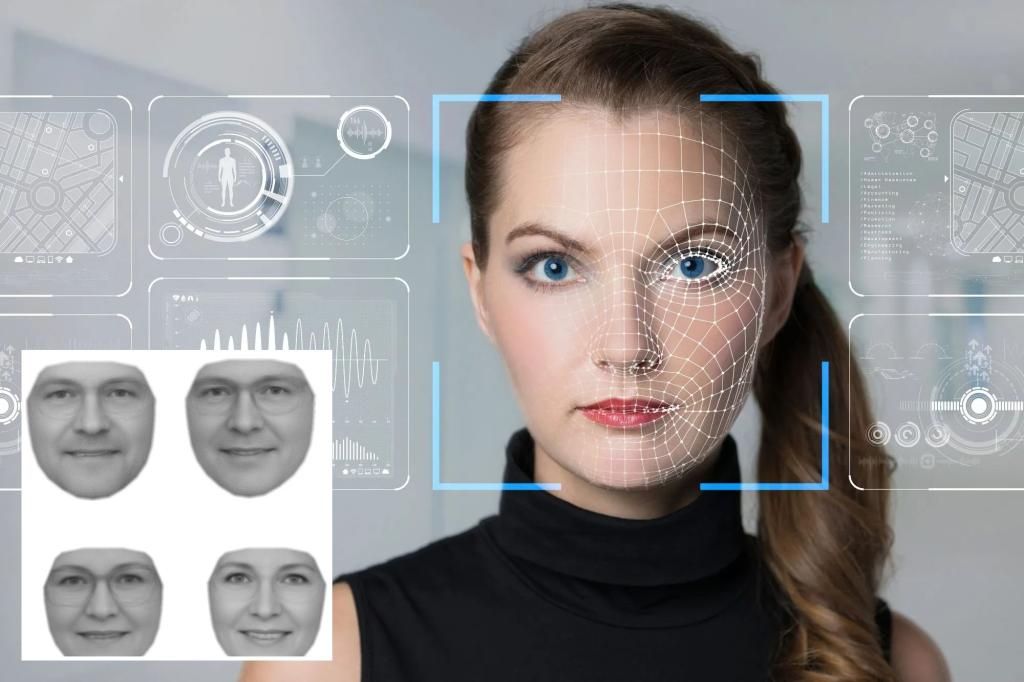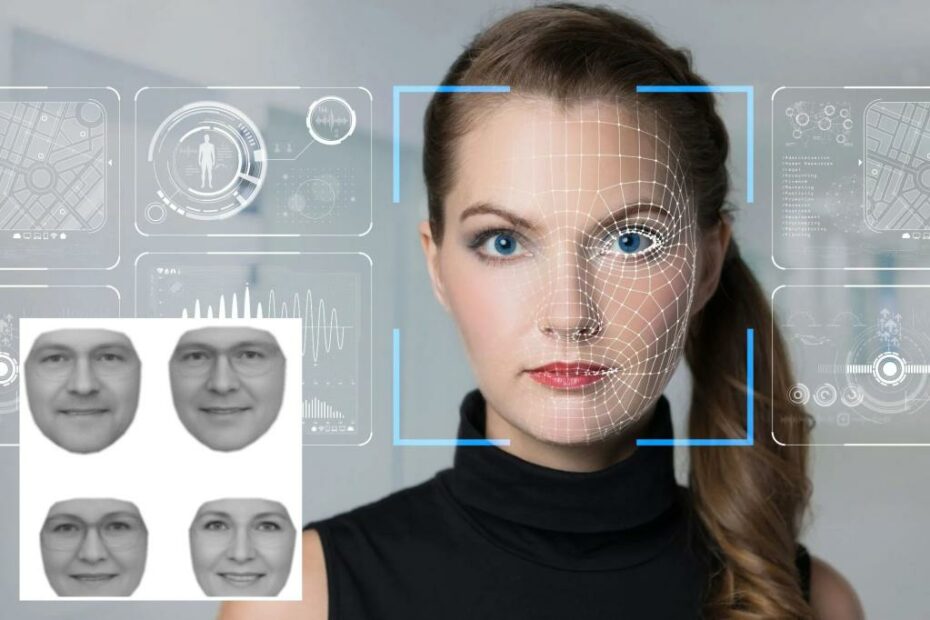AI finds conservative women more attractive, happier in photos
Conservative female politicians appear happier and more attractive in photos compared to their liberal counterparts, according to a recent study conducted in Denmark using artificial intelligence (AI). The study, published in the Nature-owned journal Scientific Reports in March, revealed that AI can predict a person’s political ideology with 61% accuracy by analyzing a single headshot. By inputting approximately 3,200 publicly submitted photos of political candidates from the 2017 Danish municipal election into Microsoft Azure’s Face API tool, researchers were able to assess the candidates’ emotional state.
The analysis found that 80% of the faces displayed a happy expression, while 19% appeared neutral. Interestingly, the study uncovered that among females, high attractiveness scores were associated with conservative political leanings, which aligns with previous research using human raters. The accuracy of AI predictions was even higher for males, reaching 65%, before the researchers excluded visual imagery other than the individual’s face, such as shirt collars. Left-leaning male politicians displayed more neutral and less happy faces compared to their conservative counterparts.
The study noted that attractiveness was not the sole indicator of predicted ideology. Expressing happiness was also associated with conservatism for both genders. Previous research has established that smiling in photographs is an indicator of extraversion, which although not broadly linked to ideology, some studies suggest that right-wing politicians tend to be more extraverted. The research posited that politicians on the left and right may have different incentives for smiling, with smiling faces generally considered more attractive and notably important for conservative politicians.
Scientists acknowledged that electoral success is often influenced by attractiveness, making all candidates inclined to provide an appealing photograph. However, further investigation is needed to determine whether happy faces are indicative of conservatism beyond a sample of politicians. The study highlighted that right-wing composites, particularly among females, appeared happier and potentially more attractive than their left-wing counterparts.
While the study’s findings provide valuable insights, concerns arise regarding the potential threat to privacy posed by deep learning approaches utilizing publicly available data. This issue is not unique to this study, as AI has previously raised alarm bells. In March, Facebook removed AI-generated deepfake sexual social media ads featuring actresses Scarlett Johansson and Emma Watson. Additionally, a recent report highlighted that generative AI could significantly disrupt jobs held by higher-wage knowledge workers, previously considered relatively immune to automation.
FAQs:
Q: What did the study find?
A: The study found that conservative female politicians tend to appear happier and more attractive in pictures than their liberal counterparts.
Q: How accurate is AI in predicting a person’s political ideology?
A: By analyzing just one headshot, AI can predict a person’s political ideology with 61% accuracy, according to the study.
Q: How many photos were analyzed in the study?
A: The researchers analyzed approximately 3,200 publicly submitted photos of political candidates who ran in the 2017 Danish municipal election.
Q: Did the study find any differences between male politicians?
A: Yes, the study found that left-leaning male politicians displayed more neutral and less happy faces compared to their conservative counterparts.
Q: Why do conservative politicians tend to appear happier in photos?
A: The researchers suggest that the incentives for smiling may differ between left and right-wing politicians, with smiling faces generally considered more attractive, which is notably important for conservative politicians.
Q: Are there any concerns regarding the use of AI in this study?
A: Yes, there are concerns about the threat to privacy posed by deep learning approaches that use publicly available data.
Q: Have there been any previous instances of AI causing concerns?
A: Yes, in March, Facebook removed AI-generated deepfake sexual social media ads featuring the likenesses of actresses Scarlett Johansson and Emma Watson.
Q: What potential disruption could generative AI cause?
A: According to a recent report, generative AI could significantly disrupt jobs held by higher-wage knowledge workers, which were previously considered relatively immune to automation.

Conservative Women Found to be More Attractive and Happier in Photos by AI Algorithm
A recent study conducted in Denmark has found that conservative female politicians tend to appear happier and more attractive in pictures compared to their liberal counterparts. The study, published in the Scientific Reports journal owned by Nature, utilized artificial intelligence (AI) to predict a person’s political ideology with 61% accuracy by analyzing a single headshot. The researchers inputted approximately 3,200 publicly submitted photos of political candidates from the 2017 Danish municipal election into Microsoft Azure’s Face API tool to assess emotional states.
According to the analysis, 80% of the faces displayed a happy expression, while 19% were neutral. The findings stated, “For females (though not males), high attractiveness scores were found among those the model identified as likely to be conservative.” These results were consistent with previous research linking attractiveness and conservatism. The accuracy rate for predicting political ideology increased to 65% for men when the researchers eliminated visual cues, such as shirt collars, from the photos. The study also revealed that left-leaning male politicians tended to show more neutral and less happy faces compared to their conservative counterparts.
The researchers found that expressing happiness was associated with conservatism for both genders. They explained, “Previous work has found smiling in photographs to be a valid indicator of extraversion, and while extraversion is not broadly associated with ideology, some studies have found that right-wing politicians are more extraverted.” The paper also noted that politicians on the left and right may have different incentives for smiling, as smiling faces are generally perceived as more attractive, which is particularly important for conservative politicians.
However, the study cautioned about the privacy risks associated with using deep learning approaches and publicly available data. This issue has been raised before, as in March, Facebook removed AI-generated deepfake sexual social media ads featuring the likenesses of actresses Scarlett Johansson and Emma Watson. Another recent report has also highlighted how generative AI may disrupt jobs held by higher-wage knowledge workers, which were previously considered immune to automation.
In summary, the study’s findings suggest a connection between political ideology, attractiveness, and happiness in politicians’ headshots. However, further research is needed to investigate whether happy faces are indicative of conservatism outside of political samples. The study also raises concerns about the potential privacy threats posed by deep learning methods and emphasizes the need for focused coverage on this topic.
